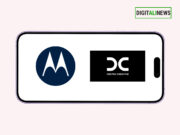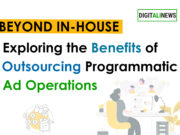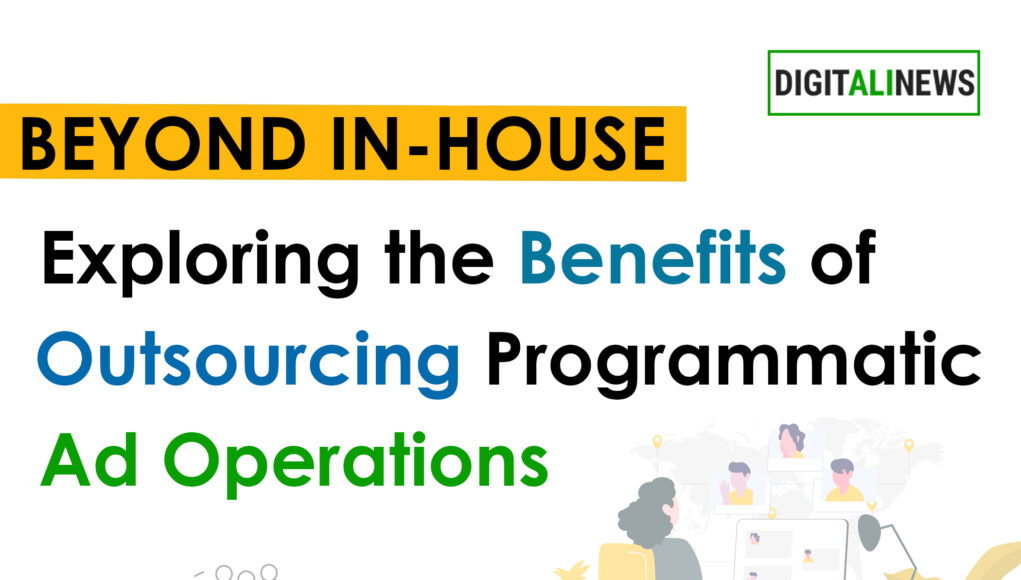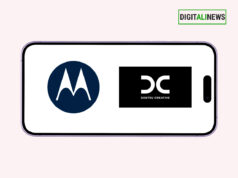In today’s rapidly evolving digital landscape, programmatic advertising has become an essential component of any successful marketing strategy. Programmatic advertising involves using automated, technology-driven solutions to buy and place digital ads in real-time. With this approach, advertisers gain far greater precision in targeting their audience and more granular control over campaign performance.
While programmatic offers compelling advantages, managing these complex advertising operations in-house can be highly resource-intensive. Companies require the right teams, software, and industry expertise to fully capitalize on this approach. The alternative lies in outsourcing programmatic ad ops, a trend that’s gaining momentum amongst businesses of all sizes.
Let’s dive into why outsourcing programmatic ad ops might be a strategically smart move.
1. Access to Specialized Expertise
Programmatic advertising encompasses a broad range of specialized skills. Outsourcing means tapping into a dedicated team of ad ops professionals who are experts in every aspect, from:
- DSPs (Demand-Side Platforms): Choosing and mastering the complex interfaces of the leading DSPs for ad buying and bidding.
- Ad Exchanges and Data Targeting: Selecting the right ad exchanges to reach your target audience while understanding different data sets and targeting methods.
- Optimization Techniques: Regularly fine-tuning campaign settings, creatives, and targeting criteria to maximize performance.
- Analytics and Reporting: Interpreting performance data to drive optimization strategies.
Building and maintaining this knowledge base in-house requires significant investment in specialized talent, which might not be a priority for all businesses.
2. Cost Savings
While initially appearing counterintuitive, outsourcing ad ops often yields long-term cost savings. Why? Consider these aspects:
- Hiring and Staffing: An in-house team of programmatic specialists entails salaries, benefits, training, and potential turnover costs.
- Infrastructure: Powerful ad tech software, tools, and subscriptions needed for effective management come at a premium.
- Operational Overhead: Outsourcing alleviates the ongoing internal resources spent on managing complex programmatic operations.
Partnering with an experienced ad ops provider often streamlines and bundles these costs. Plus, outsourced providers usually enjoy greater buying power and volume-based ad rates that they can extend to their clients.
3. Campaign Efficiency and Scalability
Outsourcing places your programmatic strategy directly in the hands of seasoned experts. Their deep knowledge of how to navigate platforms and leverage their features gives them the capability to:
- Optimize faster: Ad ops specialists constantly analyze data and make swift adjustments for maximum ROI, potentially driving better results than teams juggling multiple in-house responsibilities.
- Adapt to changes: In the ever-changing ad tech environment, experienced providers stay ahead of new features, data privacy regulations, and algorithm updates.
- Scale up or down as needed: Outsourcing allows you to increase or decrease campaign volume in sync with your business needs without worrying about staffing issues.
4. Time Savings and Resource Allocation
By taking this complex function off your marketing team’s plate, you free up invaluable time and resources. Internally, this means that staff can focus on areas of core competency, including:
- Strategic Planning: Marketing leaders can devote attention to bigger picture strategy development and market research instead of ad execution nuances.
- Creative Development: Allocate more resources to compelling ad messaging and visuals that differentiate your brand.
- Customer Experience: Invest in optimizing your broader marketing funnel and improving the customer journey.
5. Increased Transparency and Accountability
Reliable outsourcing partners maintain a constant focus on measurable results and provide access to robust analytics systems. This translates into:
- Detailed Campaign Reporting: You gain deep insights into what’s working and where things might need improvement.
- Data Ownership: Establish an agreement for complete transparency and clear ownership of collected campaign data.
- Goal Alignment: Providers typically work closely with your in-house marketing team to ensure alignment with overarching business goals.
Choosing the Right Programmatic Ad Ops Partner
Outsourcing is only advantageous if you find the right partner to deliver exceptional value. So, what should you look for when evaluating providers?
- Track Record and Client Roster: Ask about their success stories across different industries and client types. Ideally, seek providers with experience in businesses similar to yours.
- Technology Partnerships: What software, DSPs, and data management platforms (DMPs) does the provider have deep experience with? Align those with your technology needs.
- Approach to Optimization: Look for providers who use a data-driven approach, leveraging real-time campaign reporting and making continuous refinements.
- Pricing and Contractual Transparency: Get a clear understanding of fee structures (a percentage of media spend, flat fees, or hourly rates). Also, define contract terms, service-level agreements, and KPIs upfront.
- Communication and Client Support: Open communication is vital. Assess the provider’s willingness to actively collaborate with your team and their availability for regular reporting sessions.
Challenges to Consider
While outsourcing holds many benefits, it’s important to approach it with awareness of potential challenges:
- Control and Flexibility: Some businesses thrive on direct, granular control over every aspect of their campaigns. Carefully consider this before outsourcing, keeping in mind that a good ad ops provider allows input and direction from your team.
- Loss of In-House Knowledge: If you choose to completely outsource programmatic, you risk losing internal knowledge over time. This can be mitigated by maintaining some engagement in strategy development and keeping staff up-to-date on broad industry trends.
- Onboarding and Collaboration: Effective collaboration takes time and effort from both sides. Be prepared to dedicate resources to initial onboarding and regular communication with your outsourcing provider.
Outsourcing Models: Hybrid Solutions
Outsourcing doesn’t necessarily have to be an “all-or-nothing” decision. Many businesses find success in a hybrid model. For example you might consider:
- Strategic Partner: Internal teams maintain executional duties like campaign setup and reporting. The outsourced provider delivers strategic guidance, platform selection, and optimization strategies.
- Platform Co-Management: Your team uses your in-house technology but relies on the external provider for specialized support, expert execution, and advanced optimizations.
- Selective Outsourcing: You outsource specific aspects of programmatic work (e.g., DMP management, complex programmatic buys) while retaining other ad ops functions in-house.
The Future of Programmatic Ad Ops
As programmatic advertising becomes increasingly sophisticated, outsourcing offers compelling advantages to navigate its complexities. Companies embracing outsourcing will be better positioned to:
- Stay Ahead of the Curve: Providers keep themselves updated, allowing you to benefit from innovations without major internal disruptions.
- Focus on Growth: With optimization expertly handled, marketing teams can prioritize revenue-generating strategies and broader business initiatives.
- Maximize Impact in Data-Driven Marketing: The data-rich insights generated by programmatic are best used by specialized experts trained in interpretation and translating them into strategic action.
Conclusion
Outsourcing programmatic ad ops is not just a decision about who delivers your ads; it’s a strategic partnership decision. It allows businesses to maximize resources, tap into specialized expertise, and drive better ROI from their digital advertising efforts. Careful consideration, thorough vetting, and a tailored approach to collaboration can maximize the success of this approach, creating a strong foundation for sustained growth in today’s evolving advertising landscape.

















